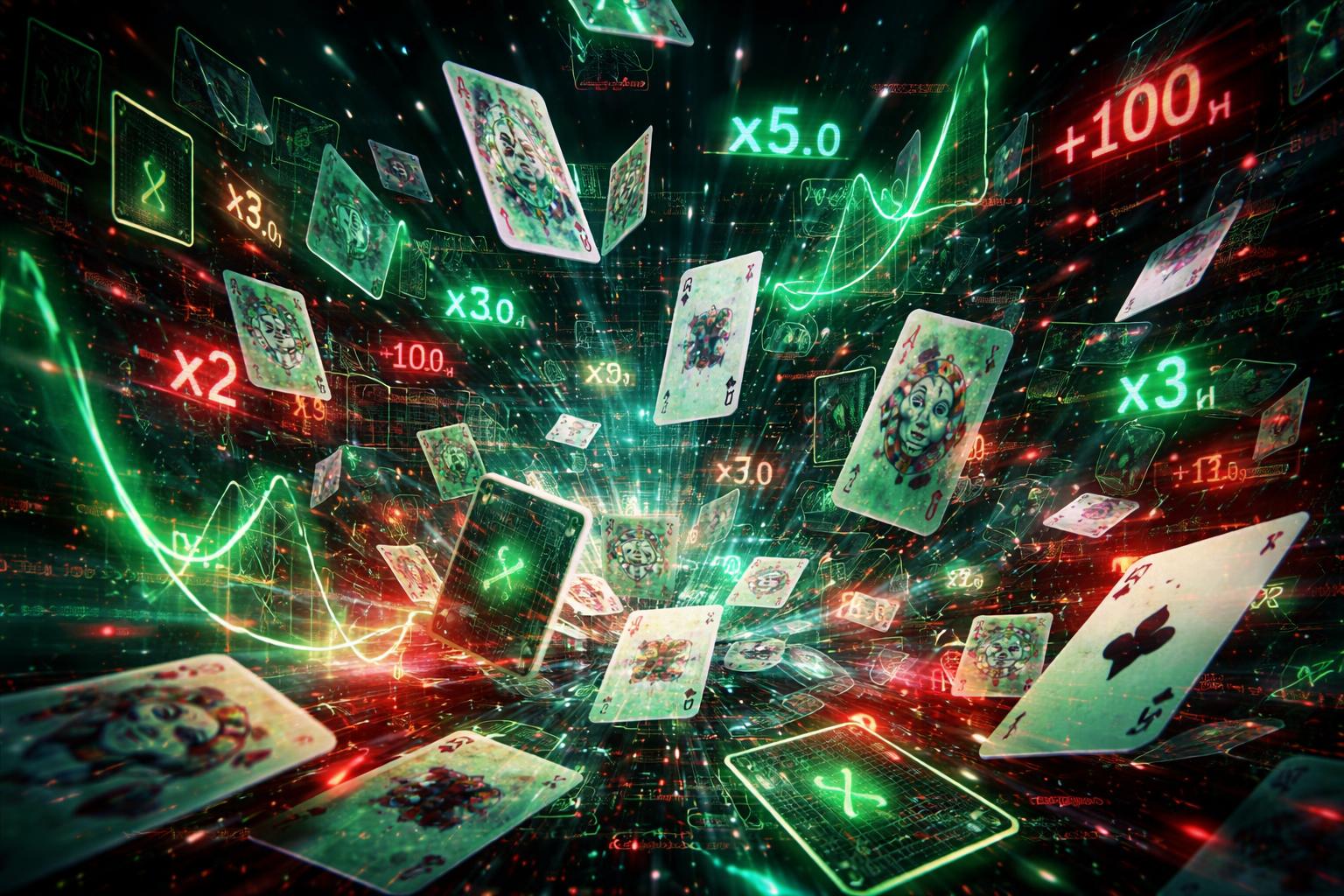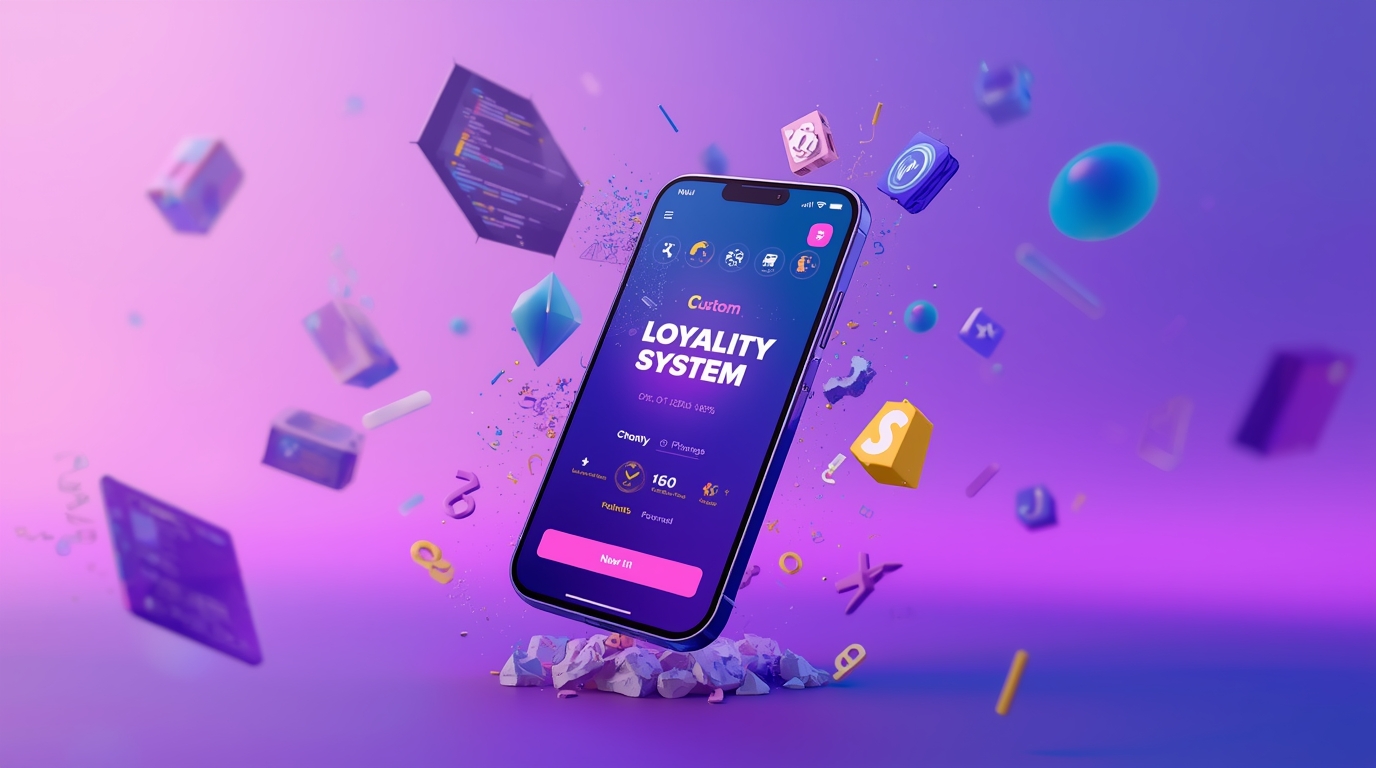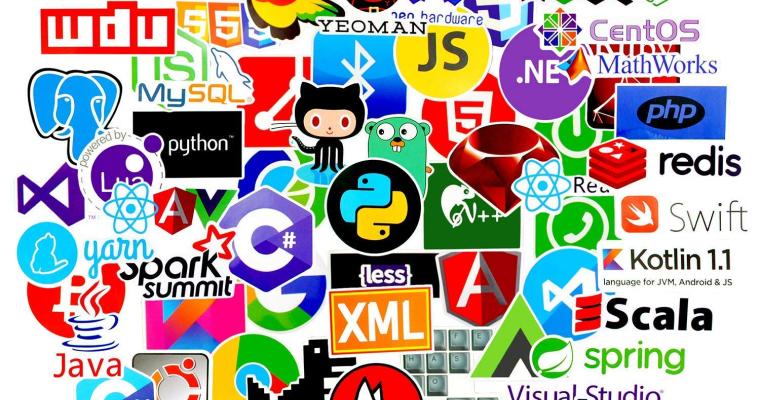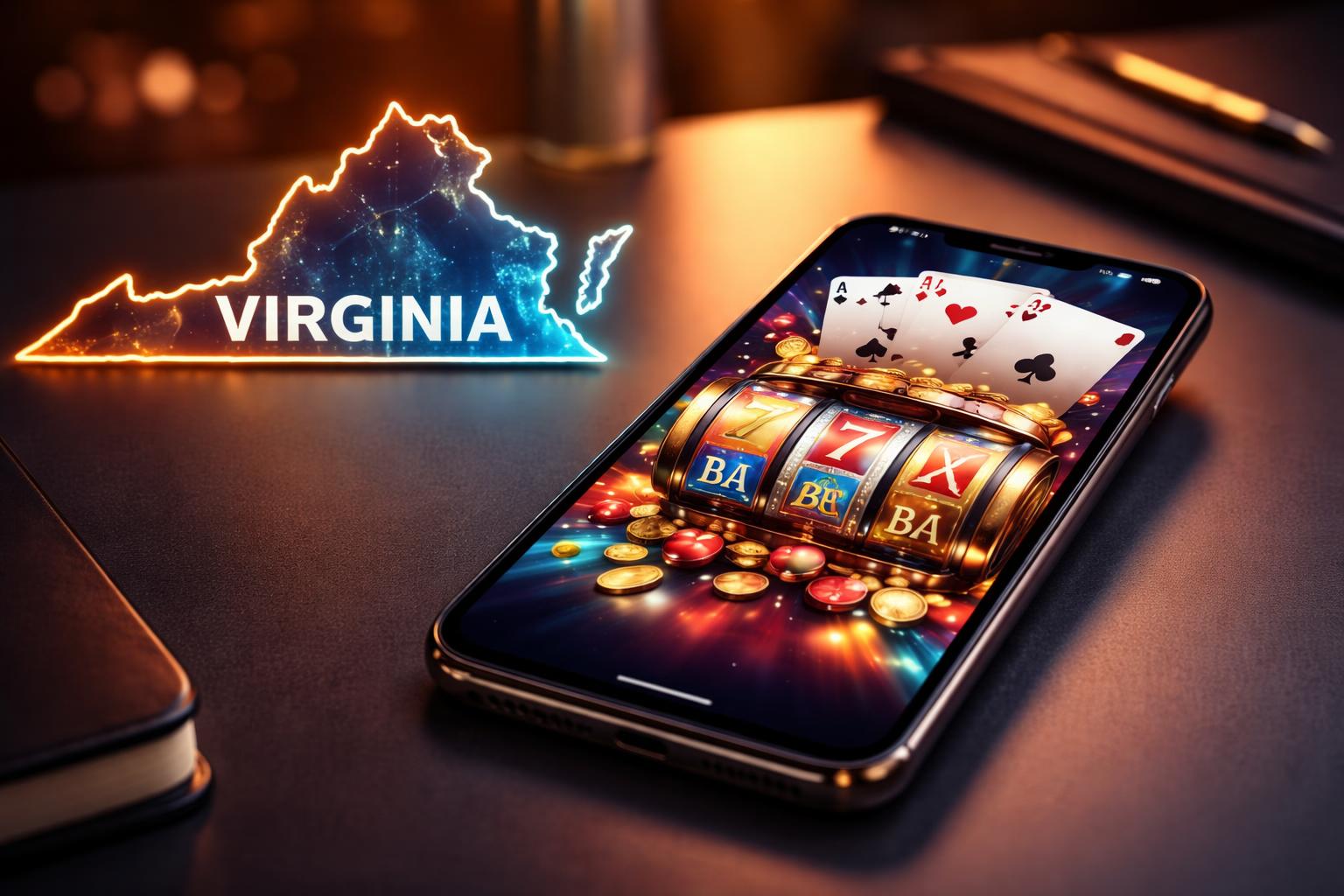The gaming industry is no stranger to innovation. Over the years, it has witnessed groundbreaking technologies and trends that have revolutionized the way we play and experience games. In recent years, the rise of NFTs (Non-Fungible Tokens) and blockchain technology has given birth to a new era in gaming. This article explores the burgeoning demand for NFT game development services in the gaming industry and the profound impact they are making on the gaming landscape.

NFTs are unique digital assets that can represent ownership of in-game items, characters, or other elements. They are indivisible and cannot be replicated, making them highly sought after by players who want to truly own their in-game assets. The use of blockchain technology ensures the security, transparency, and immutability of these digital assets, creating a thriving ecosystem within the gaming world.
Understanding NFTs and Blockchain in Gaming
To appreciate the demand for NFT game development services, it’s essential to understand the core concepts. NFTs, unlike cryptocurrencies such as Bitcoin or Ethereum, are non-fungible, meaning they cannot be exchanged on a one-to-one basis. Each NFT is unique, and its ownership is recorded on a blockchain, making it tamper-proof. Blockchain technology, the foundation of NFTs, is a decentralized ledger that records all transactions, adding layers of security to in-game assets.
In recent years, the NFT gaming sector has experienced exponential growth. Players are drawn to NFTs for the sense of true ownership they provide. When you own an NFT, you have full control over your digital assets, and this concept has captured the imagination of gamers and collectors alike. NFT-based games have gained immense popularity, leading to increased demand for NFT game development services.
The Growth of NFT Gaming
The explosion of NFT gaming has not been without merit. Statistics and market data affirm the rapid expansion of the NFT gaming sector, demonstrating that this trend is more than just a passing fad.
A glance at the NFT market reveals a staggering surge in activity. In 2020, the NFT market’s total sales volume reached approximately $250 million, and by 2021, that figure skyrocketed to a remarkable $2.5 billion, representing a tenfold increase in just one year. These figures illustrate the astronomical growth of NFTs in various domains, particularly in gaming.
The astonishing prices fetched by NFTs in online auctions have become headline news, further underscoring their allure. Rare in-game assets, character designs, and virtual properties have been sold for hundreds of thousands, and sometimes even millions, of dollars. This newfound appreciation for digital ownership is a testament to the power of NFTs.
Let’s take a closer look at some of the popular games that have played a pivotal role in driving the NFT gaming boom:
| Game Title | Description | Notable Achievements |
| Axie Infinity | A blockchain-based game where players collect, battle, and trade fantasy creatures called “Axies.” | – In August 2021, an Axie Infinity land plot was sold for a staggering $1.5 million.
– Millions of players worldwide. |
| CryptoKitties | A game where players collect, breed, and trade unique digital cats, each represented by an NFT. | – It gained notoriety as the first blockchain-based game to congest the Ethereum network.
– Some CryptoKitties have sold for thousands of dollars. |
| Decentraland | A virtual world where players own, build on, and interact with land parcels represented as NFTs. | – Decentraland’s digital real estate has sold for millions of dollars.
– A thriving ecosystem with various events and experiences. |
These games have not only attracted a massive player base but have also opened new horizons for the potential of NFT-based gaming experiences. Their success stories serve as a testament to the growing demand for NFT game development services.
The allure of NFT gaming is rooted in the freedom it offers to players. Gamers are drawn to virtual worlds where they can earn, trade, and truly own in-game assets. No longer limited to renting or borrowing items within a game, players can now establish true ownership, making the gaming experience not only more engaging but also financially rewarding.
This undeniable appeal has led to a significant uptick in the demand for NFT game development services. Game developers, enthusiasts, and investors are keen to be part of this transformative era in gaming, and the industry continues to evolve and innovate to meet the growing demand for unique, blockchain-powered gaming experiences.
Demand for NFT Game Development Services
The demand for NFT game development services has surged alongside the growth of NFT gaming. Developing NFT-based games requires a unique skill set, as developers need to integrate blockchain technology into the gaming experience seamlessly. Creating, managing, and securing NFTs necessitate specialized knowledge, which has given rise to a new niche in game development.
Companies offering NFT game development services have emerged to meet this demand. Game studios, blockchain experts, and tech innovators have come together to provide comprehensive solutions for game developers. These services encompass NFT creation, marketplace integration, security, and more, enabling game creators to enter the NFT gaming space with confidence.
Challenges and Opportunities
The world of NFT game development is a dynamic and transformative one, offering both challenges and opportunities to those who venture into it. Understanding these intricacies is vital for success in this burgeoning sector.
Challenges:
- Complex Integration: Integrating blockchain technology and NFTs into games is not a plug-and-play process. It requires specialized knowledge and can be a complex and time-consuming endeavor. Developers need to ensure the seamless interaction between in-game assets and the blockchain, which often involves a steep learning curve.
- Evolving Regulatory Landscape: The regulatory landscape for NFTs is still evolving. This presents legal uncertainties and potential risks for developers and investors. Navigating the complex web of regulations and ensuring compliance is a substantial challenge, particularly in an industry with rapidly changing dynamics.
- Scalability and Network Congestion: Blockchain networks, especially Ethereum, which is widely used for NFTs, face scalability issues and network congestion during peak usage. These technical challenges can affect the user experience, with slow transactions and high gas fees.
- Environmental Concerns: Many blockchain networks, like Ethereum, consume a considerable amount of energy, raising environmental concerns. NFT game developers need to address these concerns and explore more eco-friendly blockchain alternatives.
- Market Saturation: The NFT market is becoming increasingly saturated, with an overwhelming number of NFT projects and games. It can be challenging to stand out and attract players and collectors in such a competitive landscape.
Opportunities:
- Revenue Potential: Successful NFT games have shown tremendous revenue potential. Rare NFTs and in-game assets can be sold for substantial sums, creating significant monetization opportunities for developers. The “play-to-earn” model, where players earn real value through gameplay, is a game-changer.
- True Ownership: NFTs provide players with true ownership of in-game assets. This unique feature appeals to gamers and collectors, adding a layer of authenticity to the gaming experience. It fosters a sense of pride and investment in the virtual world.
- Creative Freedom: Developers have newfound creative freedom to design and introduce unique in-game assets, characters, and virtual worlds. This freedom opens the door to unparalleled innovation in game design and storytelling.
- Community Building: NFT-based games often foster tight-knit communities of players, collectors, and enthusiasts. Building and nurturing such communities can lead to strong, loyal player bases and valuable collaborations.
- Blockchain’s Immutable Ledger: The blockchain’s immutable ledger ensures transparency and security for in-game assets. It reduces the risk of fraud, hacking, or asset duplication, making players and investors more confident in the NFT ecosystem.
With careful consideration of the challenges and strategic planning, NFT game development services can thrive in this dynamic landscape.
Key Players in the NFT Game Development Market
The rapid surge in demand for NFT game development services has given rise to a cadre of influential companies and studios specializing in crafting NFT-based gaming experiences. These key players are shaping the NFT gaming landscape, pushing the boundaries of innovation and creativity.
These companies offer a range of services, from NFT creation and marketplace setup to ensuring the security and interoperability of assets within NFT-based games. Their contributions have not only demonstrated the potential of NFTs in the gaming industry but have also opened the doors for new entrants, indie developers, and innovators to partake in this exciting and transformative sector.
Here is a table showcasing some of the prominent key players in the NFT game development market and their main games:
| Key Player | Main Games | Notable Achievements and Contributions |
| Dapper Labs | – CryptoKitties
– NBA Top Shot |
– Creator of the renowned CryptoKitties, which brought NFTs into the mainstream.
– NBA Top Shot revolutionized sports collectibles with NFTs. |
| Axie Infinity Team | – Axie Infinity | – Axie Infinity became a global phenomenon with millions of players.
– Introduced the concept of “play-to-earn.” |
| Decentraland | – Decentraland | – Created a decentralized virtual world where players truly own land parcels represented as NFTs.
– Thriving ecosystem and virtual real estate marketplace. |
| Sorare | – Sorare | – Specializes in blockchain-based fantasy football, offering unique NFT player cards.
– Secured significant investments to expand the platform. |
| The Sandbox | – The Sandbox | – A virtual world and game creation platform that allows users to create, own, and trade assets as NFTs.
– High-profile partnerships with major brands and IPs. |
| Enjin | – Enjin Coin
– Various NFT games |
– Leading the charge in the NFT gaming space with a suite of tools and the Enjin Coin cryptocurrency.
– Numerous collaborations with game developers. |
These key players have played pivotal roles in advancing NFT gaming and blockchain technology’s integration into the gaming landscape. Their groundbreaking achievements, innovative game concepts, and thriving ecosystems have drawn the attention of players, collectors, and investors alike. Furthermore, partnerships and collaborations among these and other companies continue to drive innovation, leading to increasingly sophisticated and engaging gaming experiences in the NFT game development market.
Market Projections and Future Trends
The future of NFT game development services is bright. Projections indicate continued growth and expansion in the NFT gaming sector. As blockchain technology matures and NFT standards evolve, the possibilities for NFT games are limitless. Gamers can expect even more immersive experiences and unique in-game assets.
Emerging trends are also shaping the NFT game development landscape. Concepts such as play-to-earn, where players can earn real value from their in-game activities, are gaining momentum. Additionally, the integration of NFTs and blockchain into traditional gaming models is creating hybrid gaming experiences that cater to a wider audience.
The long-term sustainability of NFT game development services hinges on the industry’s ability to address challenges and adapt to evolving market dynamics. With continued innovation and a keen eye on user experiences, NFT gaming is set to remain a driving force in the gaming industry.
Industry Adoption and Integration
Traditional gaming companies are not sitting idly by in this transformative era. Many are integrating NFTs and blockchain into their existing games to enhance player engagement and monetization. This shift is reshaping the gaming ecosystem as we know it, blurring the lines between traditional gaming and NFT-based experiences.
This adoption and integration have the potential to bring NFT game development and blockchain technology to millions of gamers, further fueling the demand for NFT game development services. As the gaming industry evolves, it will be fascinating to witness how these technologies continue to reshape the way we play and interact in virtual word.
All in All
In conclusion, the demand for NFT game development services in the gaming industry is a testament to the transformative potential of NFTs and blockchain game development services. The rapid growth of NFT gaming, the emergence of key players, and the evolving landscape of NFT game development all indicate that this trend is here to stay.
As the NFT gaming sector matures, it presents numerous opportunities for game developers and investors. While challenges and risks exist, they can be mitigated with the right strategies and expertise. NFT game development services have become a vital component of the gaming industry, providing unique experiences and ownership opportunities for players.
The NFT gaming journey is still in its early stages, and the future holds incredible promise. The gaming industry is witnessing a paradigm shift, and those who embrace the opportunities presented by NFTs and blockchain technology are likely to play a pivotal role in shaping the future of gaming.







